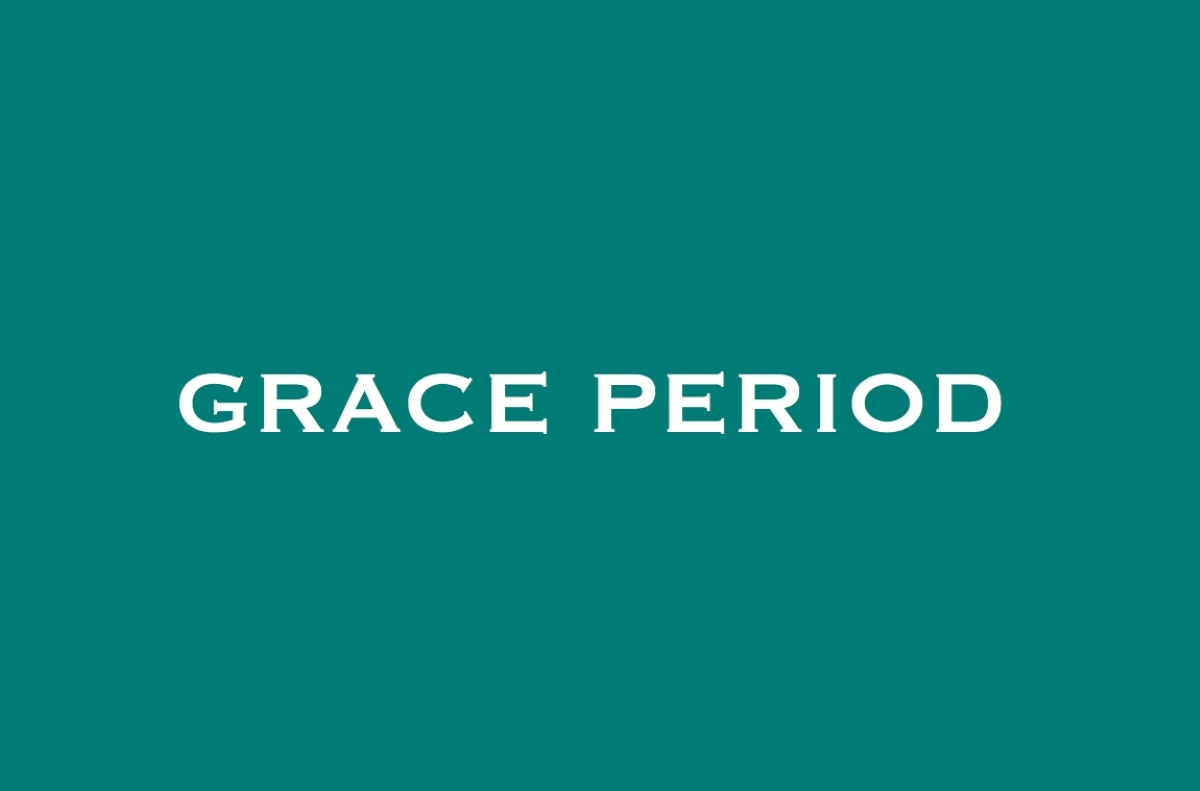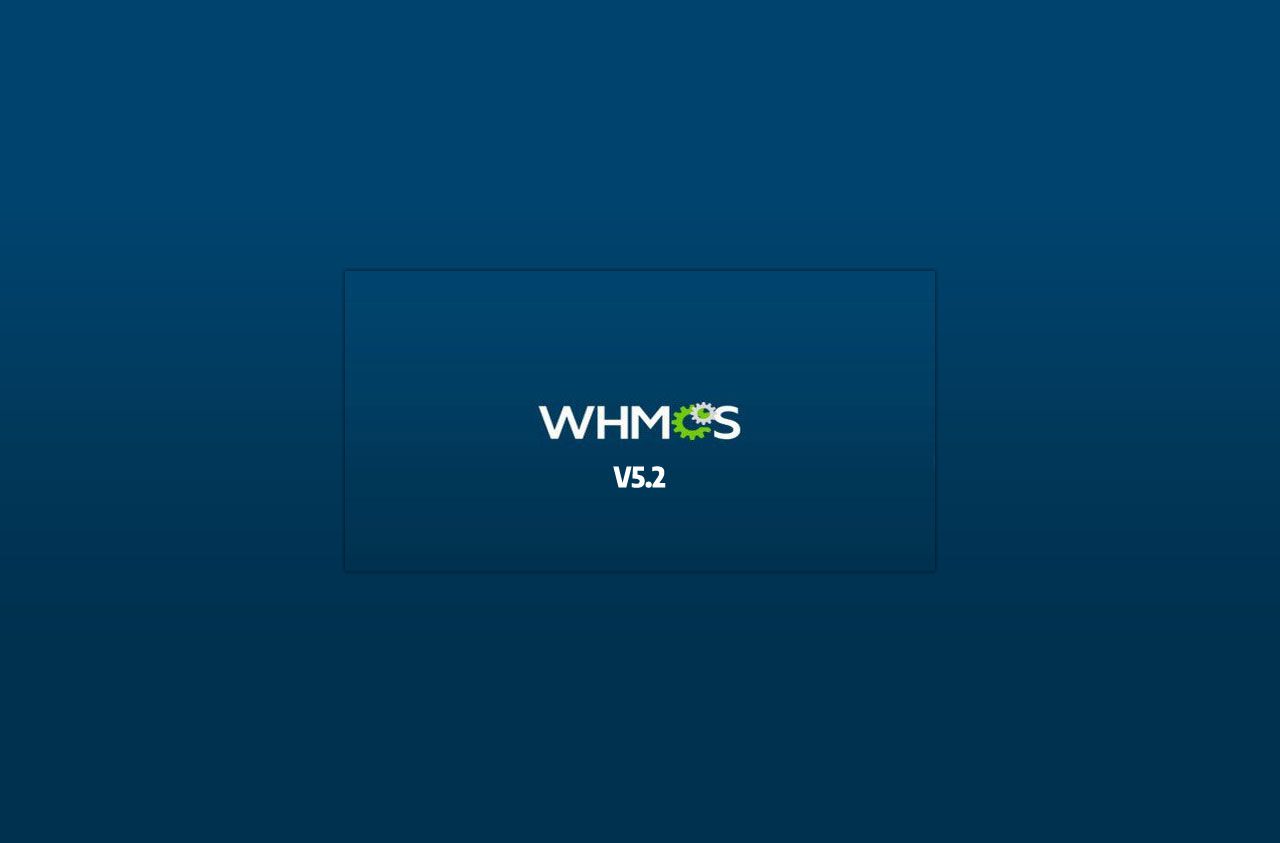

Finance
When Does Grace Period Start?
Published: February 20, 2024
Learn when the grace period for finance starts and how it impacts your payments. Understand the importance of managing your finances effectively.
(Many of the links in this article redirect to a specific reviewed product. Your purchase of these products through affiliate links helps to generate commission for LiveWell, at no extra cost. Learn more)
Table of Contents
Introduction
Understanding the concept of a grace period is essential for anyone dealing with financial matters. Whether it’s a loan repayment, credit card bill, insurance premium, or any other financial obligation, the grace period plays a crucial role in determining the timing of payments and potential consequences.
In the realm of personal finance, a grace period refers to the specified period after the due date during which a payment can be made without incurring penalties. It provides a buffer, offering individuals the opportunity to make payments without facing adverse effects on their credit score or incurring late fees.
However, the nuances of grace periods can be complex, and knowing when this period begins is critical for managing financial responsibilities effectively. This article aims to shed light on the intricacies of grace periods, specifically focusing on when they start and the factors that influence their commencement.
By delving into these details, readers will gain a comprehensive understanding of grace periods, empowering them to navigate their financial obligations with confidence and clarity.
Understanding Grace Periods
A grace period serves as a protective measure for individuals who may experience temporary financial constraints or oversight in making timely payments. It is a predetermined span of time, typically ranging from a few days to a month, during which a payment can be made without incurring negative repercussions. This period is commonly associated with credit card bills, loan repayments, and insurance premiums.
When it comes to credit card bills, the grace period is the time between the end of a billing cycle and the due date for the payment. During this period, no interest is charged on the outstanding balance if the full amount is paid by the due date. This feature is particularly advantageous for cardholders who manage their payments diligently, as it allows them to avoid accruing interest on their purchases.
For loan repayments, the grace period represents the interval between the due date for a payment and the date when late fees or other penalties are imposed. This provision offers borrowers a window of opportunity to submit their payments without facing financial penalties, thereby safeguarding their credit standing and financial stability.
Similarly, grace periods associated with insurance premiums provide policyholders with a brief extension beyond the due date to pay their premiums without any adverse impact on their coverage or policy status. This leniency acknowledges that unforeseen circumstances or logistical challenges may occasionally hinder timely payments.
Understanding the function of grace periods is pivotal for individuals seeking to manage their financial commitments responsibly. It offers a safety net, allowing for flexibility in the payment process while mitigating the potential repercussions of missed deadlines.
By comprehending the purpose and scope of grace periods, individuals can make informed decisions regarding their financial planning and ensure that they leverage this benefit effectively to maintain their financial well-being.
When Does the Grace Period Start?
The commencement of a grace period is contingent upon the specific financial obligation in question. For credit card payments, the grace period typically commences at the end of the billing cycle. This means that the moment the billing cycle closes, the grace period begins, providing cardholders with a window of time to submit their payment without incurring interest charges.
When it comes to loan repayments, the start of the grace period is determined by the terms outlined in the loan agreement. It commonly begins on the due date for the payment, allowing borrowers to make their payment within the specified grace period without facing penalties.
Insurance premiums also adhere to distinct grace period guidelines. The commencement of the grace period for insurance payments is typically aligned with the due date specified in the policy. Policyholders are granted this grace period to ensure that their coverage remains active, even if they encounter temporary difficulties in meeting the payment deadline.
It is important to note that the start of the grace period is not arbitrary and is clearly defined within the terms and conditions of the financial agreement. This information is crucial for individuals to be aware of, as it directly influences the timing and implications of their payments.
By understanding when the grace period begins for each specific financial obligation, individuals can strategically plan their payments and leverage the grace period to their advantage. This knowledge empowers them to navigate their financial responsibilities with precision and confidence, ensuring that they capitalize on the flexibility afforded by grace periods without incurring unnecessary charges or penalties.
Factors Affecting the Start of Grace Period
Several factors influence the initiation of the grace period, and understanding these variables is pivotal for individuals seeking to manage their financial commitments effectively.
- Billing Cycle Closure: For credit card payments, the timing of the billing cycle closure is a key determinant of when the grace period begins. Once the billing cycle ends, the grace period commences, providing cardholders with an opportunity to make their payment without incurring interest charges.
- Loan Agreement Terms: In the case of loan repayments, the terms specified in the loan agreement dictate the start of the grace period. Typically, the grace period begins on the due date for the payment, as outlined in the loan agreement, allowing borrowers to submit their payment within this timeframe without facing penalties.
- Insurance Policy Due Date: The due date specified in an insurance policy plays a crucial role in determining the start of the grace period for insurance premium payments. Policyholders are granted this grace period to ensure that their coverage remains active, even if they encounter temporary difficulties in meeting the payment deadline.
- Regulatory Guidelines: In some instances, regulatory guidelines or industry standards may impact the start of the grace period. Certain financial products and services are subject to regulations that define the parameters of grace periods, ensuring that consumers are provided with a reasonable opportunity to make payments without facing adverse consequences.
By considering these factors, individuals can gain clarity on when the grace period begins for each specific financial obligation. This knowledge empowers them to plan their payments strategically and leverage the grace period effectively, thereby avoiding unnecessary charges and safeguarding their financial well-being.
It is essential for individuals to familiarize themselves with the terms and conditions governing their financial commitments, as this enables them to make informed decisions and navigate their obligations with confidence and foresight.
Conclusion
Grace periods are a valuable aspect of managing financial obligations, offering individuals a buffer to make payments without incurring penalties or adverse effects. Understanding when the grace period starts is crucial for effectively leveraging this provision and ensuring timely payments.
By comprehending the nuances of grace periods and the factors influencing their commencement, individuals can navigate their financial responsibilities with clarity and confidence. Whether it pertains to credit card bills, loan repayments, insurance premiums, or other financial commitments, the knowledge of when the grace period begins empowers individuals to plan their payments strategically and avoid unnecessary charges.
It is imperative for individuals to familiarize themselves with the terms and conditions governing their financial agreements, as this knowledge enables them to make informed decisions and leverage the grace period to their advantage. Additionally, staying mindful of the specific factors that affect the start of the grace period allows individuals to proactively manage their financial obligations and maintain their financial well-being.
Ultimately, the awareness of when the grace period begins serves as a valuable tool for individuals to optimize their financial planning, mitigate potential penalties, and uphold their credit standing. By harnessing the flexibility afforded by grace periods, individuals can navigate temporary financial constraints with resilience and ensure the seamless management of their financial commitments.
In conclusion, the knowledge of when the grace period starts is an indispensable asset in the realm of personal finance, empowering individuals to exercise financial prudence and navigate their obligations with precision and foresight.














